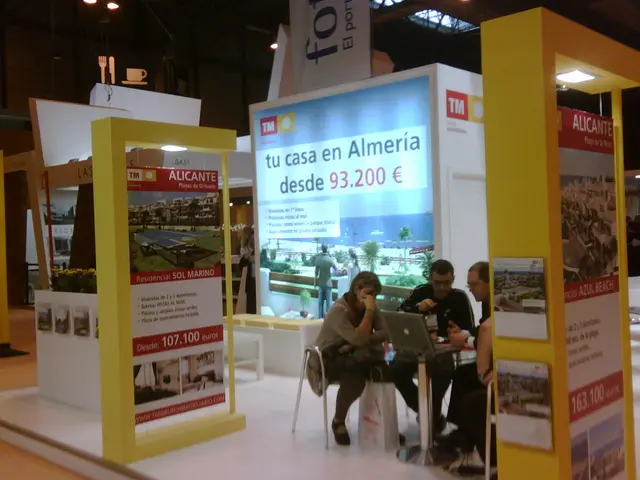Expenses associated with the expansion of Line 8 from Bremen to Weyhe-Leeste are shoulder-deep in funding
The Line 8 extension from Bremen via Stuhr to Weyhe-Leeste has reached another significant milestone, as confirmed by Mobility Senator Özlem Ünsal. The project, which aims to strengthen the connection between the city and its neighbors, has garnered the support of Bremen, the municipalities of Stuhr and Weyhe, and the state of Lower Saxony.
On 22 May, key project partners gathered at the future stop, Bahnhof Erichshof, to discuss the project's progress. Among those present were Lower Saxony's Transport Minister Olaf Lies, Bremen's Mobility Senator Özlem Ünsal, Mayor Frank Seidel from Weyhe, and Mayor Stephan Korte from Stuhr.
The meeting marked a crucial step forward, as the Landkreis Diepholz decided to cover the remaining subsidy needs for the operating costs of the railway line from Bremen to the Weyhe-Leeste district. The Zweckverband Verkehrsverbund Bremen/Niedersachsen (ZVBN) will take over one third of the remaining balance, while the municipalities of Stuhr and Weyhe will bear the other two thirds, proportionate to their respective route shares.
Volker Klemm, Managing Director of Bremen-Thedinghauser Eisenbahn GmbH (BTE), and Christof Herr, Managing Director of the ZVBN, were also in attendance. The legal and financial prerequisites for the expansion of the railway line were established some time ago.
The project's importance in enhancing the connection between the city and its neighbours continues to grow. Britta Korfage, Landkreis Diepholz, emphasised the significance of the project, stating that a solid foundation has been established for the operation of Line 8.
The state of Bremen will bear the operating costs for the kilometers on its territory up to the state border with Lower Saxony. In turn, Lower Saxony will cover 50 percent of the remaining operating cost subsidy requirement, with the Landkreis Diepholz contributing the remaining 50 percent, as decided by the Kreistag in early March 2024.
As the project moves forward, the partners remain committed to ensuring the successful completion of Line 8, which will not only improve local transportation but also foster closer ties between Bremen and its surrounding areas.
Read also:
- chaos unveiled on Clowning Street: week 63's antics from 'Two-Tier Keir' and his chaotic Labour Circus
- Budget discrepancy jeopardizes highway projects' financial support
- Racing ahead in Renewable Energy Dominance: Changzhou, Jiangsu Pushes for Worldwide Renewable Energy Ascendancy
- Public remains oblivious to potential hazards at gas export facilities, due to confidentiality surrounding their operations







